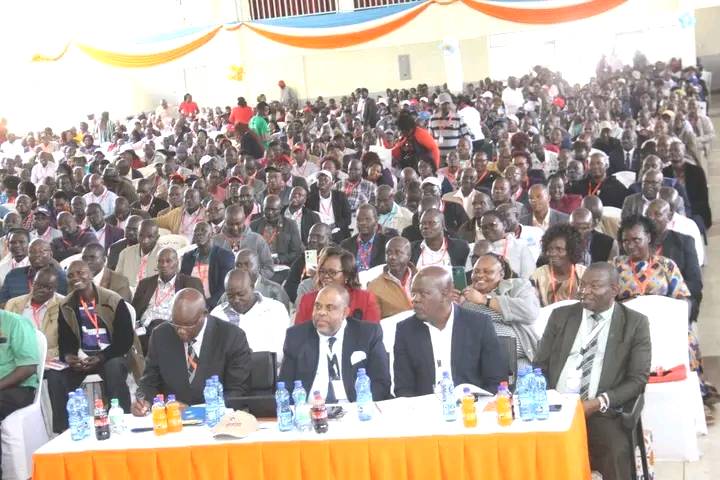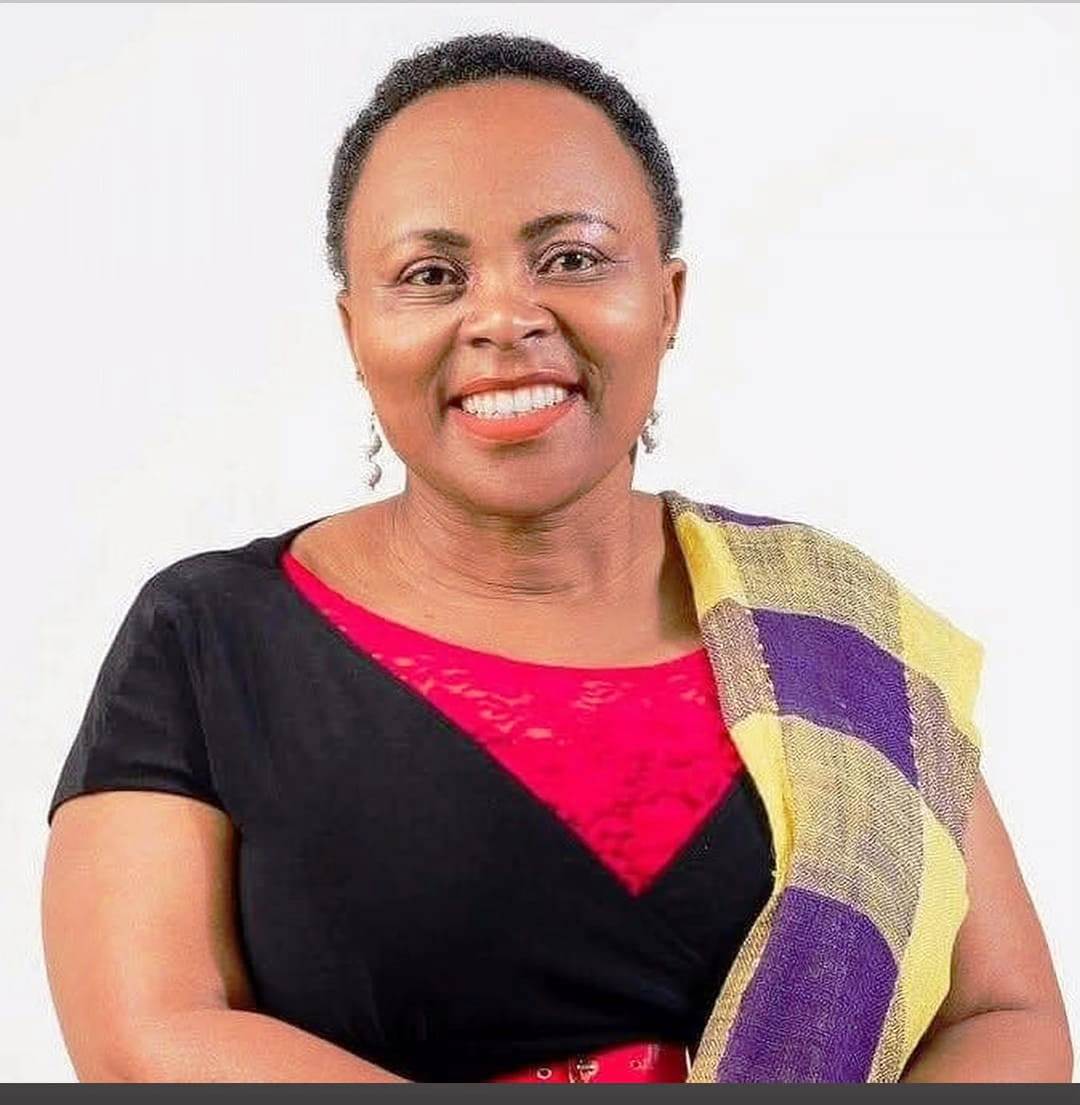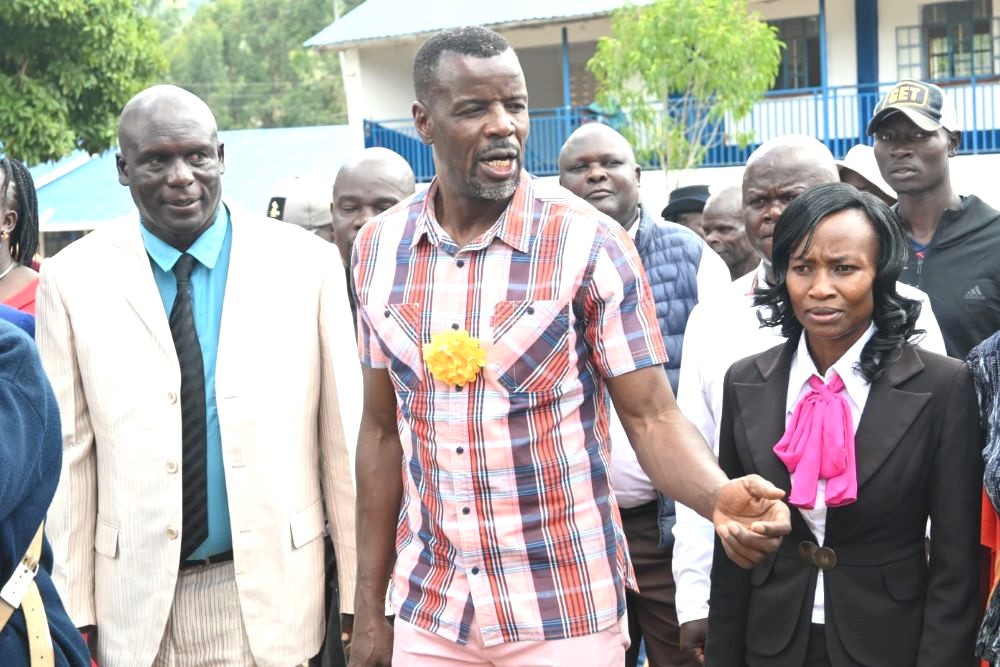Rift Valley Primary and Junior Secondary School head teachers, through the Kenya Primary School Headteachers Association (KEPSHA), have urged Parliament to address the frequent changes in the education system that disrupt school planning.
They emphasised the need for clear timelines on curriculum implementation, predictable release of capitation funds and fewer abrupt shifts in assessment and placement criteria.
This call comes as the pioneer class of Competency-Based Curriculum (CBC) sits for the national exams later this year in readiness to join the senior school at Grade 10 next year, since the country is gradually transitioning from 8-4-4.
It also comes at a time when public primary and secondary schools have been struggling to run their institutions, facing many financial crises due to delayed capitation fund disbursement.
The school heads also demanded more investment in school leadership development, a clear progression path for headteachers and policies that recognise and protect the central role of head teachers in curriculum delivery and school management.
Rift Valley KEPSHA Regional chairperson Patrick Kitur challenged the Parliamentary Education Committee, chaired by Julius Melly, to ensure timelines were followed and that headteachers were fully equipped to lead reforms.
Speaking during the Regional Annual General Meeting and Conference in Nakuru, which was themed “Advancing School Leadership for Sustainable Development and Local Solutions for Global Goals,” Kitur commended the Parliamentary Education Committee for its commendable oversight and commitment.
“Head teachers commend the Parliamentary Committee for Education for your tireless work and challenge you to act proactively and fill in the gaps to ensure schools run smoothly,” he told Melly, among the distinguished guests at the conference.
Kitur also appreciated the collaboration between KEPSHA, the Ministry of Education, and the Teacher Service Commission (TSC) for the good working relationship that allowed education reforms despite the many challenges.
He said this year’s theme, “Advancing School Leadership for Sustainable Development and Local Solutions for Global Goals,” was very timely because it reminded school heads to rethink their roles as policy implementers, innovators, problem-solvers, and agents of sustainable transformation.
READ ALSO:
Why parents are a big letdown in assessment of their children’s school performance
He noted that reviving local solutions such as the 4K was the way to go because, besides diversifying school kitchens and making them sustainable, the lessons acquired by pupils would be transferred to their families and applied in their future lives, especially for those who would choose the agriculture sector.
“Let me begin by appreciating the recent bold move by First Lady Rachel Ruto to revive the 4K Club across our schools, this initiative which emphasizes agriculture, environmental consciousness and self-reliance, is a deeply rooted local solution to a global concern, food security, climate change and youth unemployment,” he said.
He observed that the 4K Club was similar to Future Farmers of America (FFA) in the United States, and it has successfully empowered young people to become agribusiness leaders, environmental stewards, and skilled innovators.
“Their model works because it is local, practical and future-focused; Kenya must treat the return of the 4K Club not as nostalgia but as a vision for a better tomorrow, a way of preparing learners not only for exams but for life,” said the regional KEPSHA chairman.
He urged Kepsha members to start valuing, nurturing, and investing in local communities by letting learners plant trees not solely for exams but for life, allowing them to raise poultry not only for school projects but as entrepreneurs, and teaching them to write and think in Kiswahili, Kalenjin, Kikuyu, and Turkana with pride even as they master English and French.
On head teachers’ role in the education system transitioning, Kitur said the shift from 8-4-4 to CBC had dramatically changed their mandate from primarily administrative/managerial, which entailed exam targets, school routines and infrastructure.
Under the new syllabus, he said, head teachers were called curriculum interpreters, community mobilizers, innovation champions, and talent developers.
“Head teachers are no longer just managers of schools; they are leaders of systems which demand a new mindset and not just new skills,” he said.
He urged head teachers to reclaim their space as leaders and architects of lasting change because future learners, communities, and even the nation depend on their leadership today.
“The head teacher of today must become the kind of leader who does not wait for the ministry to solve every problem, but rather create solutions with the community,” he said.
The chief guest and keynote speaker, Dr Thomas Bor, said head teachers play a very important leadership role as mobilizers for education and economic development in schools, their respective communities, and society in general.
He observed that head teachers remain the architects of infrastructure and superstructure and that the country needed to operationalise learning.
“Government through the Ministry of Education introduced CBC, which is a new curriculum, and the teachers are actualising it perfectly, although they have not been adequately trained,” said Bor.
He said teachers attended short training and conducted private research to facilitate the new syllabus.
He commended school heads for being parents to children from challenging homes and being cornerstones of hope in our society.
By our reporter
You can also follow our social media pages on Twitter: Education News KE and Facebook: Education News Newspaper for timely updates.
>>> Click here to stay up-to-date with trending regional stories
>>> Click here to read more informed opinions on the country’s education landscape
>>> Click here to stay ahead with the latest national news.






